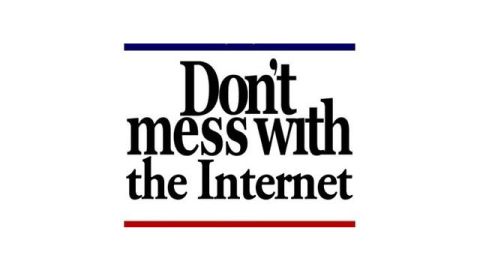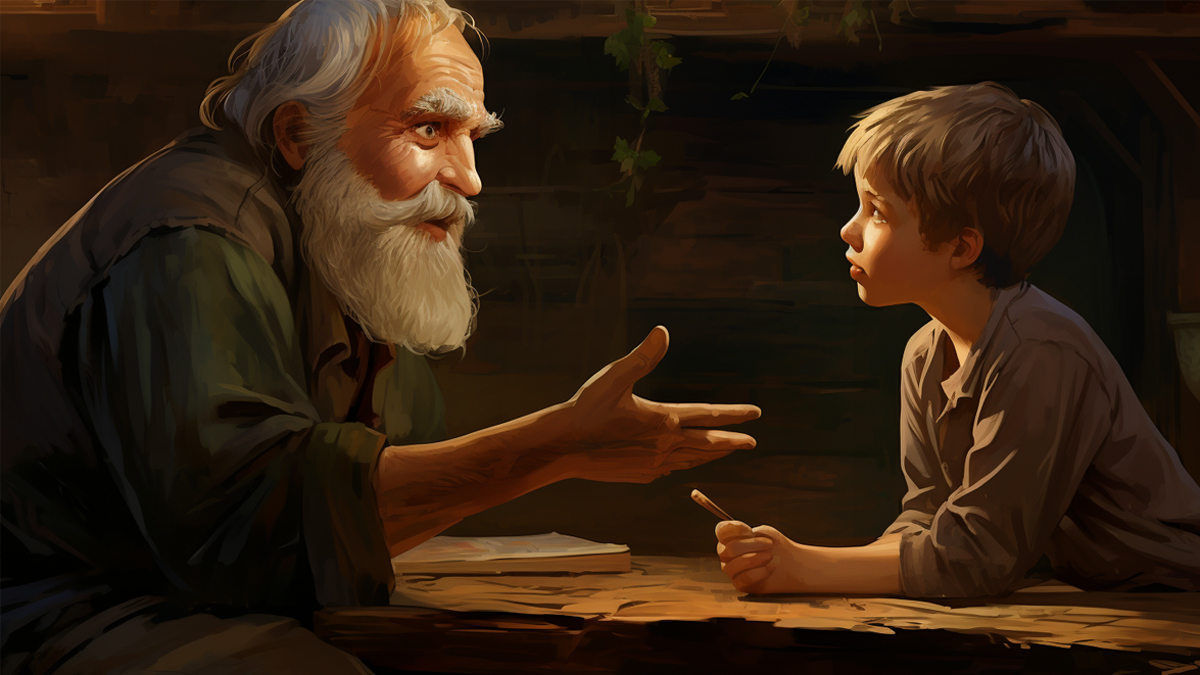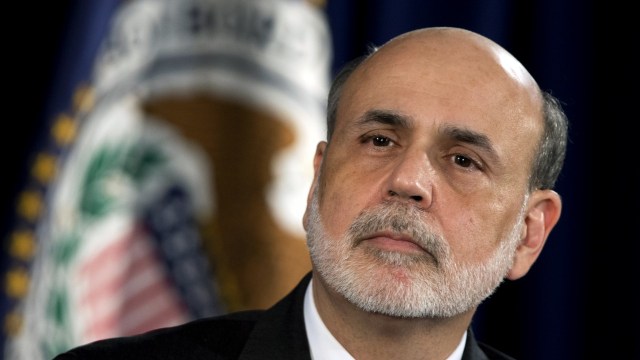Don’t Mess with the Internet: Lessons From the SOPA Movement

While the media may have reported the failure of the Stop Online Piracy Act (SOPA) and the Protect IP Act (PIPA) as the result of high-level interventions from Silicon Valley big shots, that was not the case. So argues Elizabeth Stark, who was on the front lines of the battle for a free and open Internet.
Stark, who has a law degree from Harvard, said that SOPA — a bill that sought to create a blacklist for websites that infringed on copyright law — “was the worst bill about the Internet that I had ever read.” Against seemingly insurmountable odds, she helped stop the legislation, with the help of millions of Americans from all walks of life.
What’s the Big Idea?
Speaking at The Nantucket Project, a festival of ideas on Nantucket, Massachusetts, Stark laid out four clear takeaways from the SOPA movement, which she describes as a decentralized political action that utilized collective intelligence. In other words, Stark argues, it was the Internet that stopped SOPA.
Stark says that the essential lesson from the SOPA movement is that “traditional power structures are being turned on their head to create a future that is significantly more democratized, distributed and universal.” This lesson is manifest in four ways:
Memes
Memes are the cultural equivalent of a gene that evolves culturally and spreads virally. Normally in a political campaign, Stark points out, “you need a controlled message.” In the case of the SOPA battle, people took images and made them their own. Instead of this resulting in chaos, the authentic and personalized modification of messages helped fuel the movement.
Chaos
The Internet might be a series of tubes connecting people, but it is nonetheless a chaotic, decentralized system. And yet, out of this chaos emerged gems, Stark notes. People from all over the place were able to offer their creativity to the cause. So in this sense, “chaos was to our benefit.”
Big Tent
The SOPA movement was certainly not limited to people in the technology industry. In fact, Stark says it was a broad-based coalition of libertarians, progressives, academics, people in the political sphere, investors, activists “and everyone in between.”
People, Not $
The tech industry spent $30 million fighting SOPA. Hollywood spent $300 million. That’s an uphill battle if there ever was one. And yet, Stark calls the SOPA movement “a watershed moment in political history,” as it was indeed the largest protest in online history. “Those that were supporting it were dropping like flies,” Stark said, due to the massive volume of calls from SOPA opponents. In fact, activists witnessed a significant shift in their support in a single day, after 150,000 sites “blacked out” on November 15, 2011.
To find out more, including how you can get involved in fighting for the open Internet, watch the video here:
Images courtesy of Shutterstock, Meghan Brosnan
To learn more about The Nantucket Project and how to attend the 2013 event visit nantucketproject.com.





